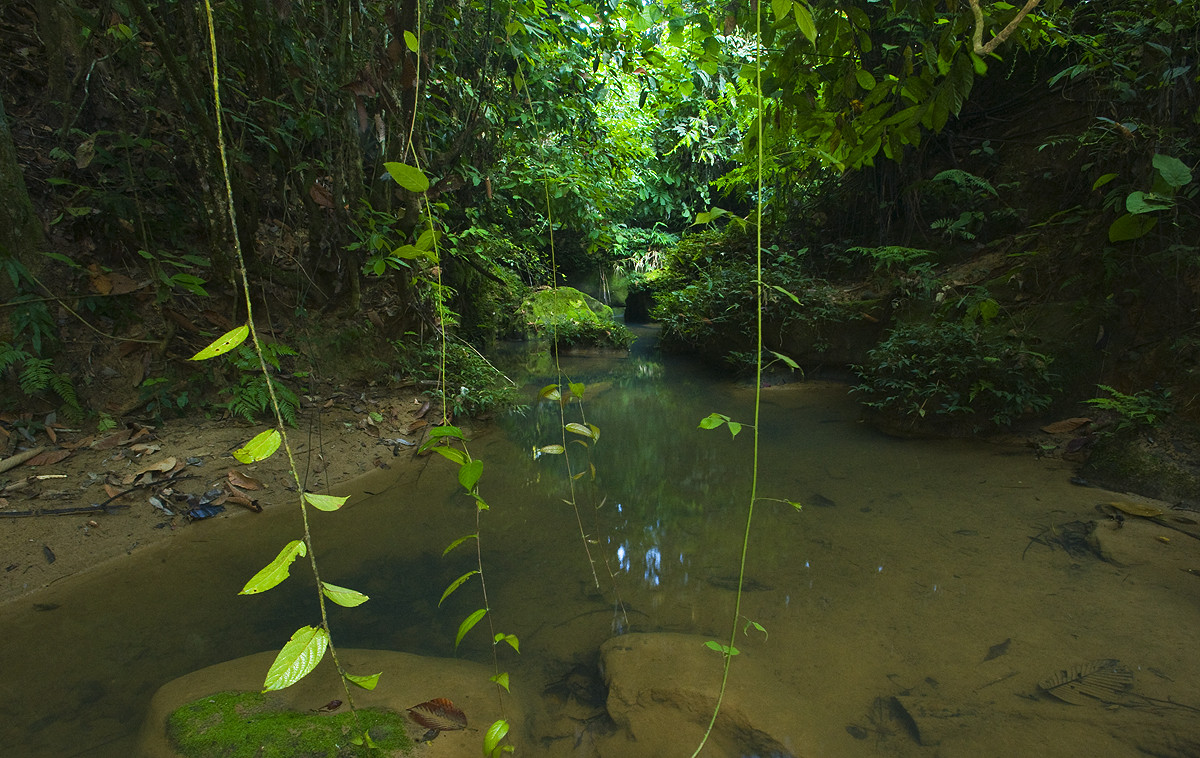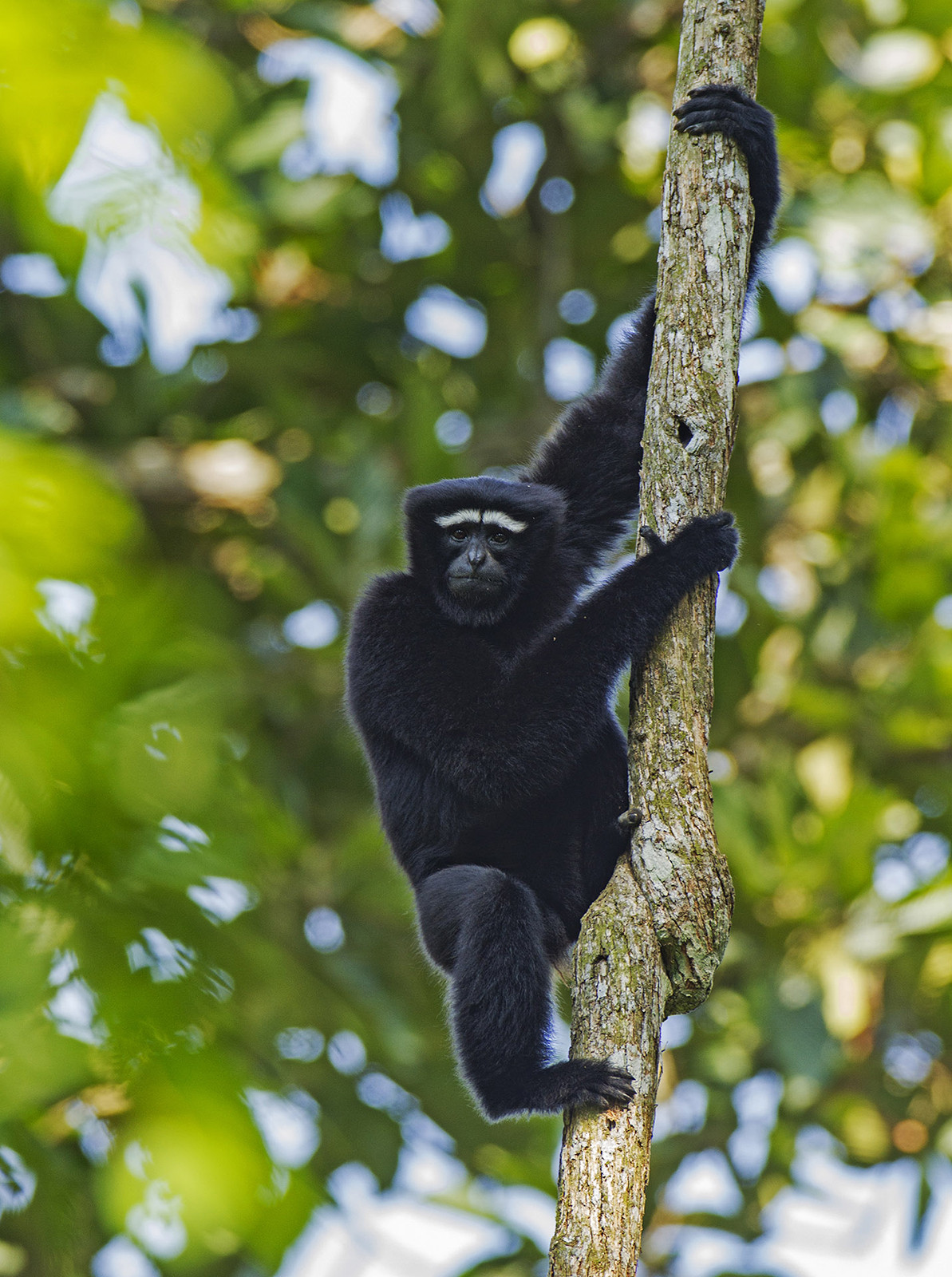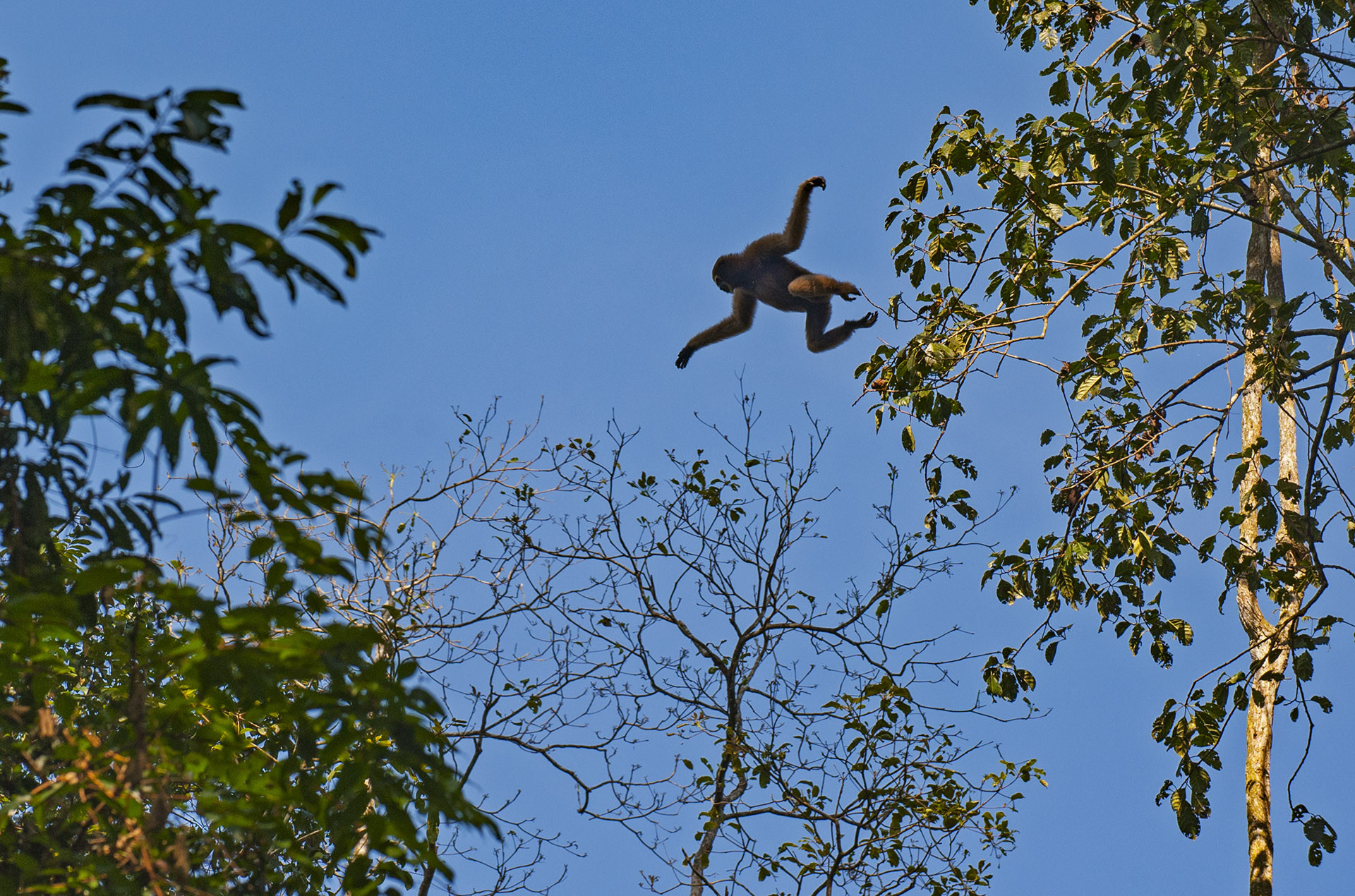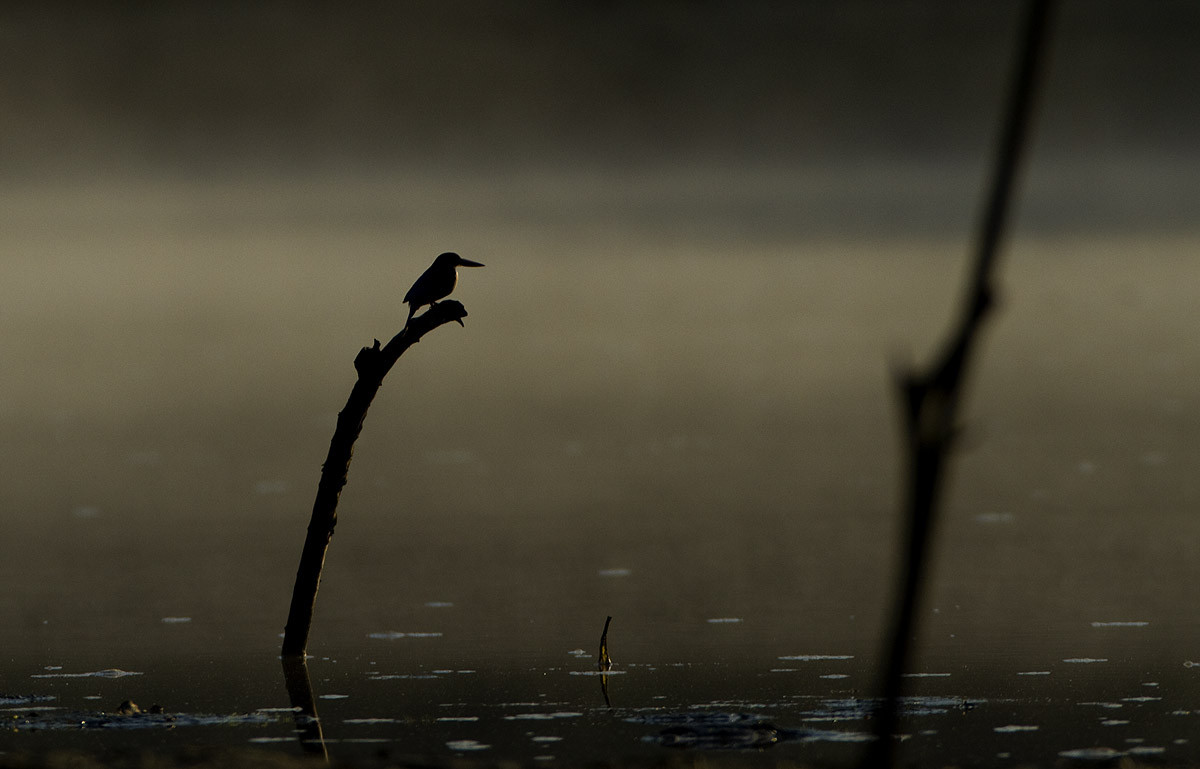Imagine a world where we need to carry oxygen tanks to breathe clean air. Yes, just like Hazel Grace Lancaster from The Fault In Our Stars. However, instead of a sleepy suburban town in America, picture the bustling industrial town of Tinsukia in the northeastern corner of Assam. The heat is intense and sickening, but the sun’s rays are covered by dark chemical clouds. When it rains, we run for cover instead of embracing the feeling of the cool raindrops on our skin. Stood in the shelter of the bus stand, we observe the mould snaking its way up the concrete pillars. We overhear our fellow occupants talk about how the levels of detected chemicals in rainwater are rising again. Authorities recommend that we stay indoors, that if we go out without protection, we do so at our own risk.
When the rain stops, we do not smell fresh clean air. The smell that pervades makes us cringe our nose in disgust. This is the future we are all walking towards. We seem to have forgotten a very basic principle as human beings. What is given can be taken away. For the benefit of our race, we have been incessantly extracting resources to develop technology that makes our lives easier. Along the way, we have extensively exploited nature, hardly sparing a thought as to how nature may be affected. The things we use, the products we consume, are all of them necessary for our lives? Who are the ones “benefiting” the most from cutting down forests? Who are the ones gaining the most profit out of mining coal, turning a pristine landscape into soot-covered valleys? Who comes to mind? Is it the local woodcutter? Or is it the soot-faced miner wiping the sweat of their brows?
Nestled in the picturesque valleys and hills of the Dibrugarh and Tinsukia districts of Assam, the rainforests of Dehing Patkai are home to an immense diversity of species: Western Hoolock Gibbon, Bengal Tiger, Indian Leopard, Asiatic Elephant, Himalayan Black Bear and Slow Loris, to name a few. Majestic trees such as Hollong, the state tree of Assam, Ajar that blooms purple flowers in summer, and Hollock that bears blossoms, blushing red, line the road that cuts through the Dehing Patkai landscape. This area is culturally rich, populated by indigenous Assamese communities, Nepali people, tea tribes and people who migrated from various parts of India. It is also the focal point of “illegal” coal mining in Assam, a phenomenon which has been going on for decades now.
The coal is extracted from forests that took millions of years to generate it underground. The jute for rugs and bags come from acres of forest that were cleared to give way for crop plantations. In Assam, the rice and vegetables we consume daily come from fields created by clearing vast patches of forest land. When we need clean air, we walk paths lined with trees. But we are blind to the fact that in coal mining areas with coal dust swirling all around there is a distinct lack of clean air for breathing. What about the people living there? What about the trees whose leaves get clogged with coal dust and residues from mining? While we drink clean water from water purifiers, we make sure to never drink tap water because they might contain bacteria. But the people living in areas near coal mines use contaminated water because the chemicals from the mine seep into the groundwater table and the local water bodies.
The denizens of Dehing Patkai are suffering due to human excesses. Being one of the last remaining stretches of lowland tropical forests in Northeast India, not only is Dehing Patkai a source of livelihood for the local people, it is responsible for the comfortable climate of the region. It is home to endangered species such as the Western Hoolock Gibbon, White-winged Wood Duck and Chinese Pangolin that have survived despite the incursion of humans into their paradise. The coal mines affect them all the more, the coal dust damaging their respiratory systems, the sounds from mining disturbing their mating efforts, and the resulting deforestation leading to loss of their homes and narrowing down the number of trees or plants they need for their survival. Drinking contaminated water is another problem for the denizens of this forest. Death of animals killed by vehicles transporting coal is a common occurrence. Do their lives mean less than ours? Is it so that as long as we can live well, no one else, no other being matters?
We pride ourselves on being the most intelligent creatures on the planet. But isn’t our intelligence to be questioned if we cannot find a sustainable way to generate energy without destroying nature? Aren’t our IQs of no use if we can find a way to the moon but leave a trail of chaos around our planet, taking no proper measures despite all the warning signs? What our current pandemic has taught us, if anything, is that if we are not mindful of nature, even the tiniest of organisms can wreak havoc on the system we humans have built over hundreds of years. But is the system worth it? Why can we not change the way we think? Why can we not change the way we think and do things to accommodate the knowledge that doom is imminent unless we take action?
Aware as we are, it is not going to help anyone if we do not make prompt changes to our ideologies and our standards of living. The issue with clearing forest lands for fuel or development is that we take the easy way out to get what we want. We need to come up with ways to sustainably generate our needs and stop participating in the rat race of who makes the most profit. And be warned, no amount of wealth or success will be enough to save us from the consequences. As proof, we need only check the list of those who have suffered the kiss of death during this pandemic.
So the real question is, my friends, do we need to save Dehing Patkai or do we need Dehing Patkai to save us?





